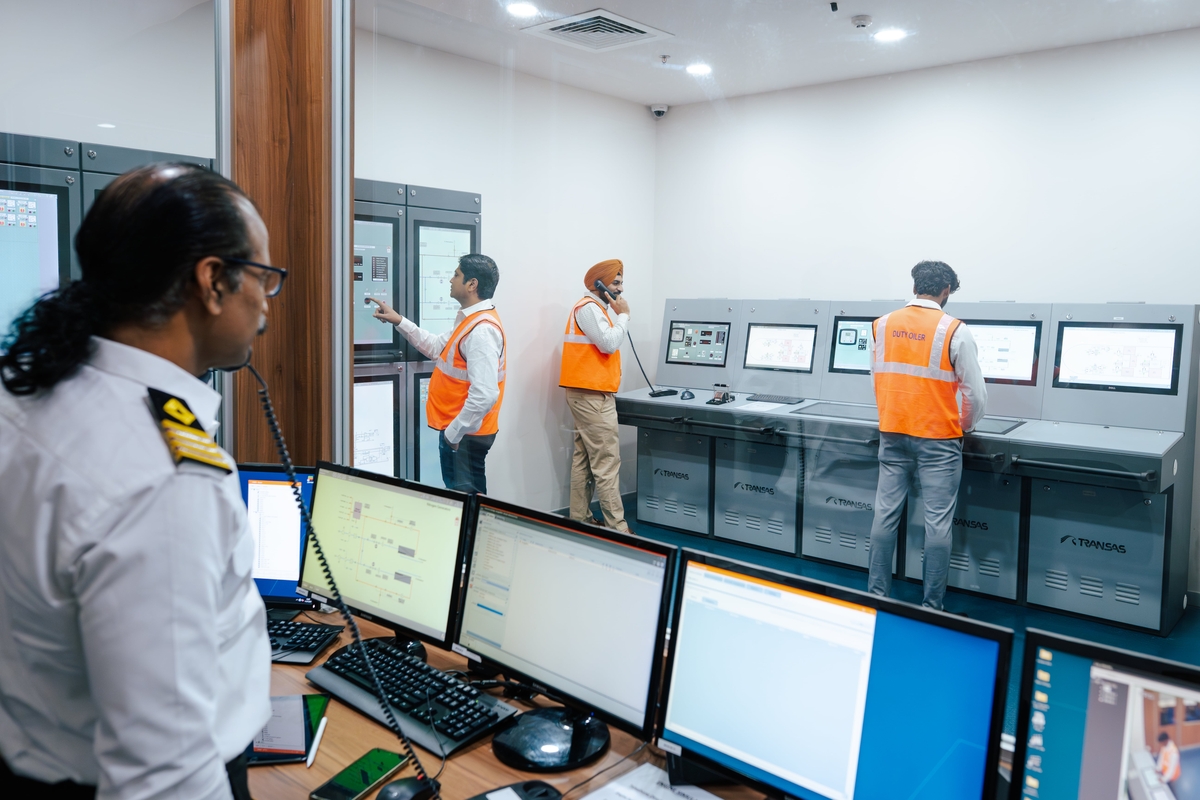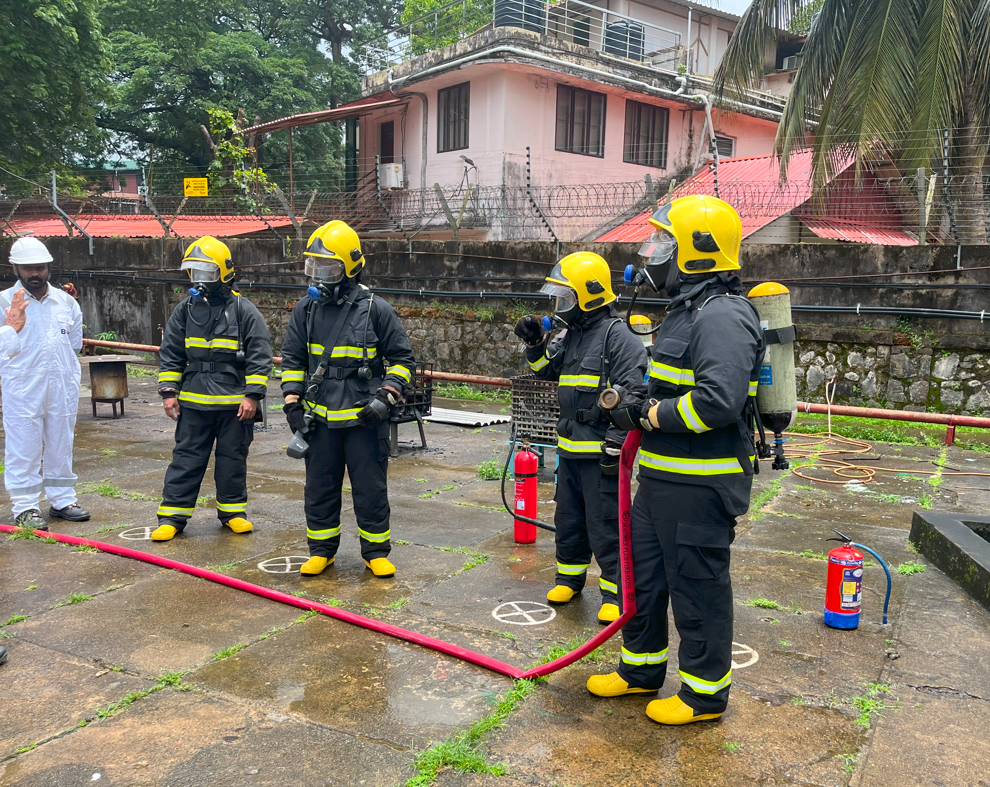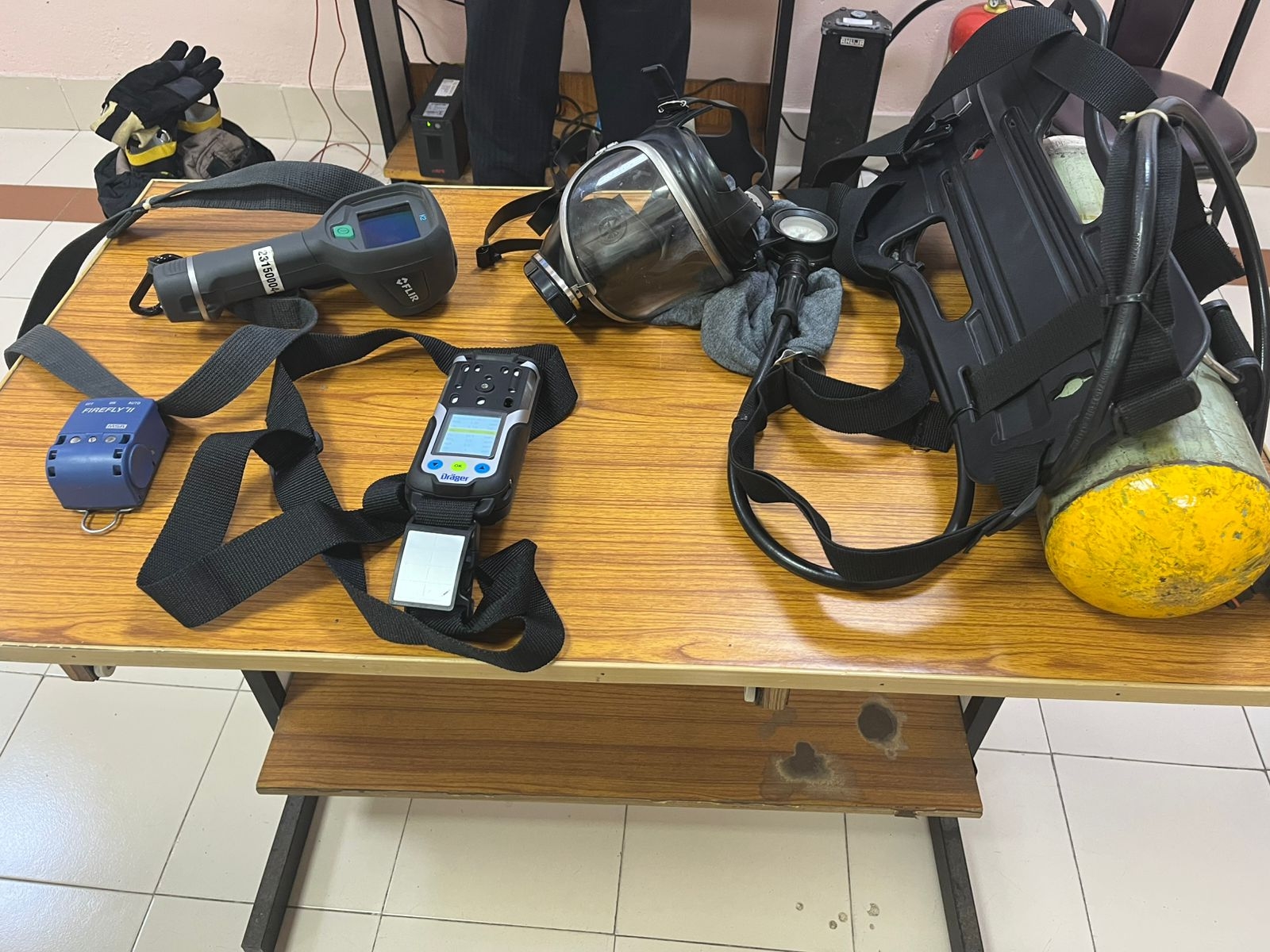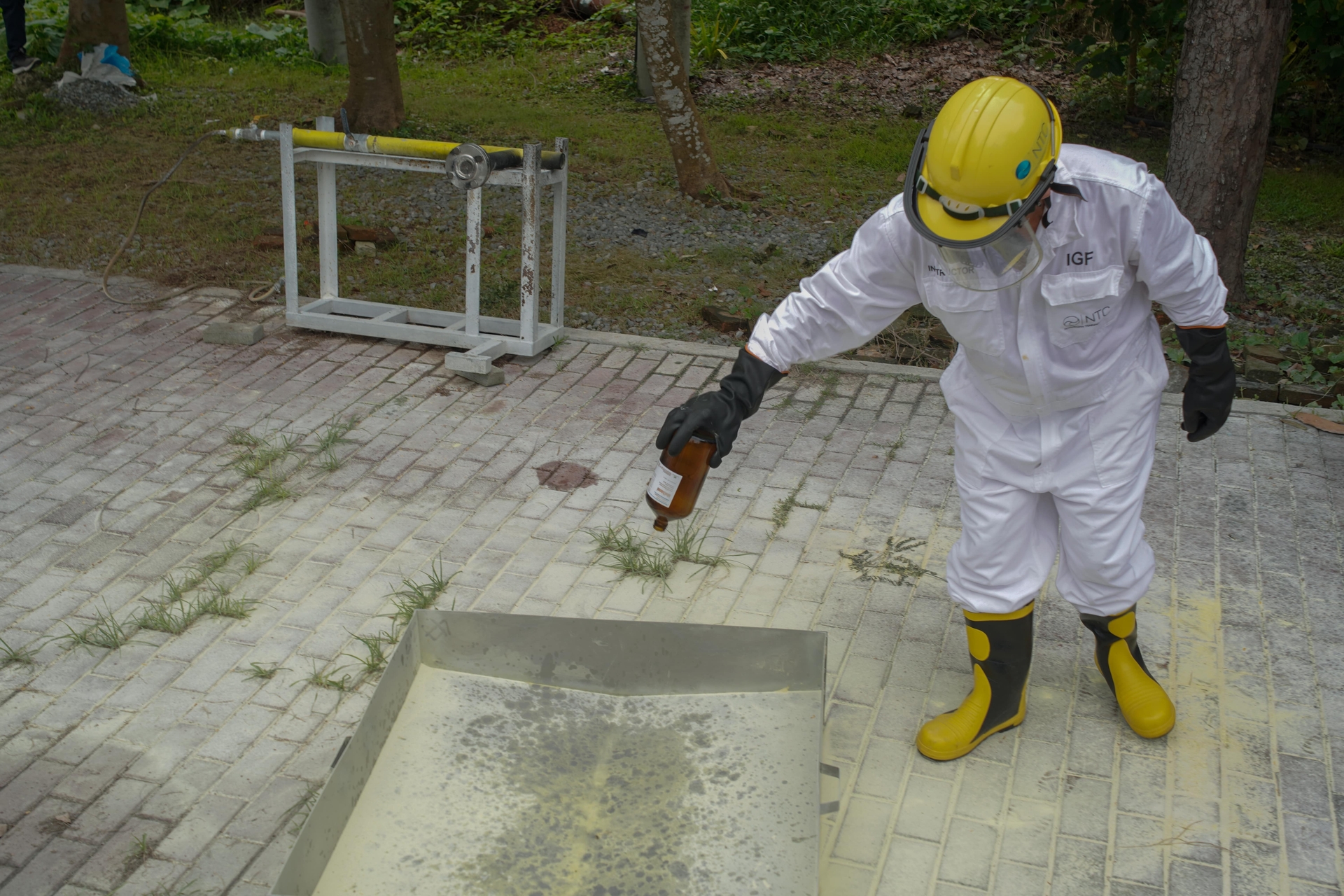
Methanol is here. Our crews are ready.
20 Feb 2026 - Articles | Articles
As the maritime industry accelerates its transition toward sustainable energy solutions, Bernhard Schulte Shipmanagement (BSM) is proud to announce a significant milestone in crew training and safety innovation: the successful launch of bespoke Methanol as Fuel Courses, including the specialised Methanol Firefighting Course, across its global Maritime Training Centres (MTCs).
Published on 27 Oct 2025

The adoption of alternative fuels in shipping continues to accelerate – and is now increasingly reflected in the fleet managed by BSM.
In the absence of formal STCW standards for these fuels, BSM has collaborated with key stakeholders to develop bespoke training programs that enhance crew competence and operational safety. These courses are aligned with emerging IMO guidelines, anticipating future amendments to the STCW Convention and IGF Code.

This forward-thinking training model, which incorporates a state-of-the-art simulator, allows BSM's seafarers to be well prepared with the knowledge and practical skills essential for the safe handling of methanol-fuelled vessels.
A standout feature of the training is the Methanol Firefighting Course, which addresses the unique risks posed by methanol fires. Unlike conventional fires, methanol flames are invisible in daylight and hard to detect in enclosed spaces as they produce no smoke, making spontaneous detection nearly impossible. The course introduces specialised detection tools such as thermal imaging and infrared cameras, and trains crew in strict extinguishment protocols to prevent reignition.
Participants also gain hands-on experience with alcohol-resistant foam, dry chemical powder (DCP), CO₂ systems, and water curtains – essential tools for managing methanol-related fire hazards.


Nikhilesh Arun Parab, Electro Technical Officer (ETO), shared his experience:
“The Methanol Familiarisation and Advanced courses improved my understanding of safety procedures, hazard identification, and mitigation. The simulator training was particularly valuable, and the firefighting course significantly enhanced my competency.”
Atul Dhanawade, Second Engineer, added:
“The sessions on methanol fuel systems and engine operations were extremely informative. The practical drills, including infrared detection and controlled fire exercises, were essential for anyone working on methanol-powered vessels.”
By equipping seafarers with specialised knowledge and practical skills, BSM continues to lead the way in operational readiness and safety excellence. These pioneering efforts reflect BSM’s commitment to supporting its clients in navigating the evolving energy landscape.
20 Feb 2026 - Articles | Articles
29 Jan 2026 - News
05 Dec 2025 - News
BSM, in partnership with Schulte Group member OceanOpt, has won the Greenhouse Gas Project of the Year at the IMCA Annual Awards 2025. The ceremony was held during the Global Summit in Kuala Lumpur on 26 November.
05 Dec 2025 - News | Articles | Articles
19 Nov 2025 - News | Articles | Articles
17 Nov 2025 - News | Articles | Articles
30 Sep 2025 - News | Articles | Articles
01 Sep 2025 - News
We are thrilled to announce the renewal of our partnership with Treedom, a global NGO dedicated to reforestation and community empowerment. Together, until the end of 2024, we have planted 5,100 trees across 5 countries, absorbing 2,443 tonnes of CO₂, a major step toward a more sustainable planet!
03 Jul 2025 - News | Articles | Articles
02 Jul 2025 - News | Articles | Articles
17 Jun 2025 - News | Articles | Articles
The BSM Hellas Ship Management Centre (SMC) in Greece, proudly marks its 20th anniversary this year.
10 Jun 2025 - News | Articles | Articles
Bernhard Schulte Shipmanagement (BSM) proudly participated in the IMCA Dynamic Positioning Conference 2025, held on 3–4 June in Istanbul, Turkey. This premier global event brought together over 120 professionals from the offshore and maritime sectors, including experts in offshore wind, oil and gas, marine engineering, and vessel design.
27 May 2025 - News | Articles | Articles
05 May 2025 - News | Articles | Articles
16 Apr 2025 - News | Articles | Articles